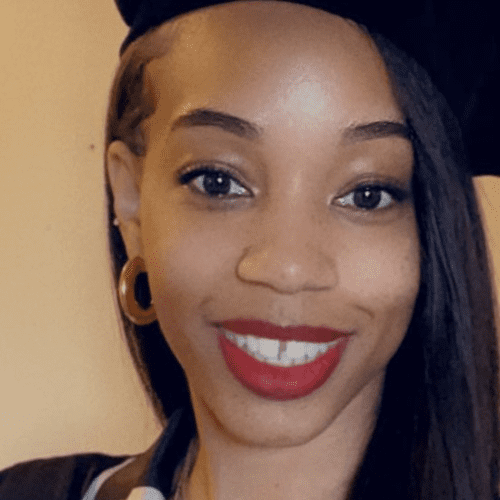
Publications
Ja’Re Thorn, Ed.D. was born on the southside of Chicago and raised in a Christian household where her parents were big on making sure that she and her siblings had those same values instilled in them. From there, Ja’Re attended Christian and Catholic schools growing up because her mother wanted her to have the best educational experiences possible.
Around 12 years old, Ja’Re had her very first niece. Several years later, her niece was diagnosed with Autism. It was through this experience that Ja’Re gained interest at a young age in wanting to know about child development - how they developed and what caused atypical development. This led Ja’Re to pursue her bachelor’s degree in child development and right after, get her master’s in child development. It was during her time pursuing her master’s degree that she gained a love for culture and teaching. Ja’Re has worked in many different capacities in the field for the past several years. But the one role that stood out the most was teaching, which she truly believes is her calling.
In 2017, Ja’Re began working as an adjunct and loved it. It was in that moment that she realized she loved helping to prepare educators and wanted to teach full time, which caused her to pursue her doctorate in teaching and learning. She completed this degree in 2023 with an emphasis on curriculum, advocacy, and policy, and wrote her dissertation on looking at how prepared educators felt to work with students of color. From her research data, she realized she could do more to help educators especially when it comes to culturally responsive teaching and how they show up for their students in the classroom. She likes to say, “If we aren’t aware of our own needs, how can we be aware of the needs of the children and students in our classrooms?” WE, as educators, should model what we want our students to take into their classrooms, which is trust, awareness, support, being a learner, understanding, and open. This is what brought her to Erikson, and she hopes to continue to infuse culturally responsive teaching in her work here as she helps prepare the next generation of teachers and educators.